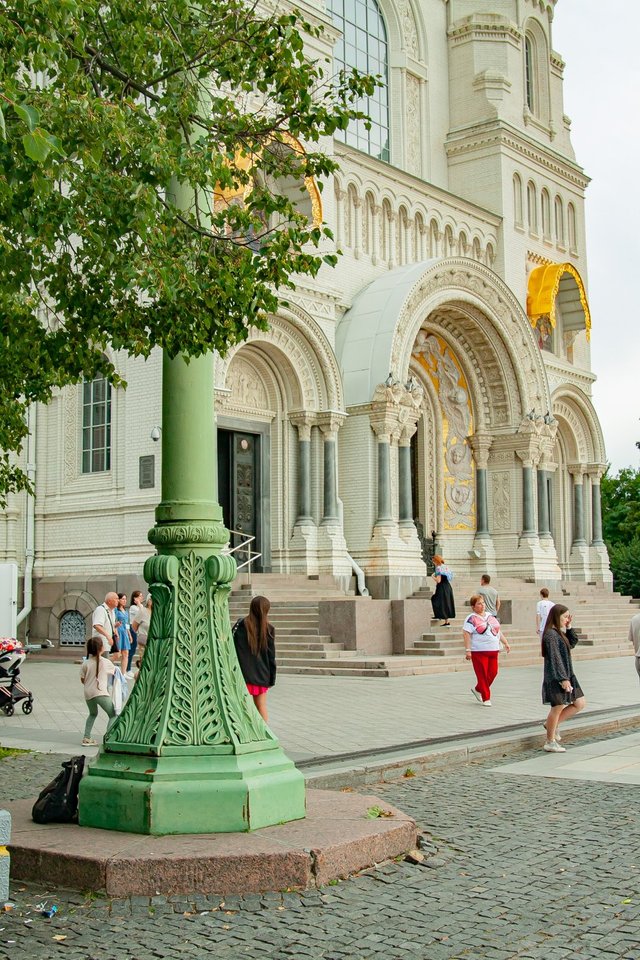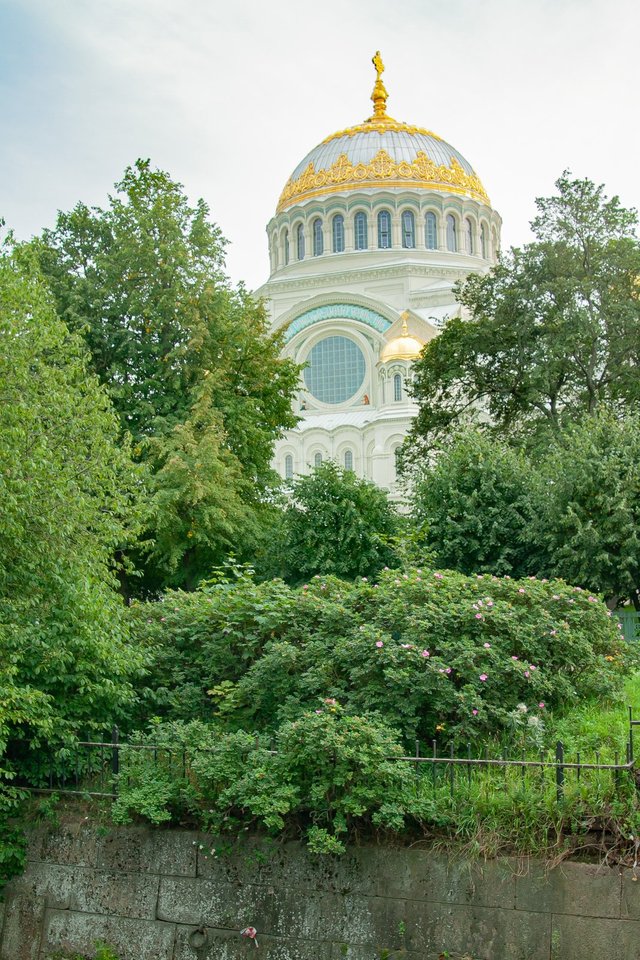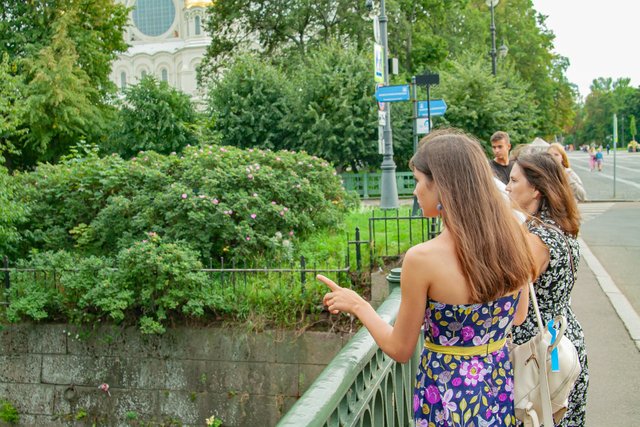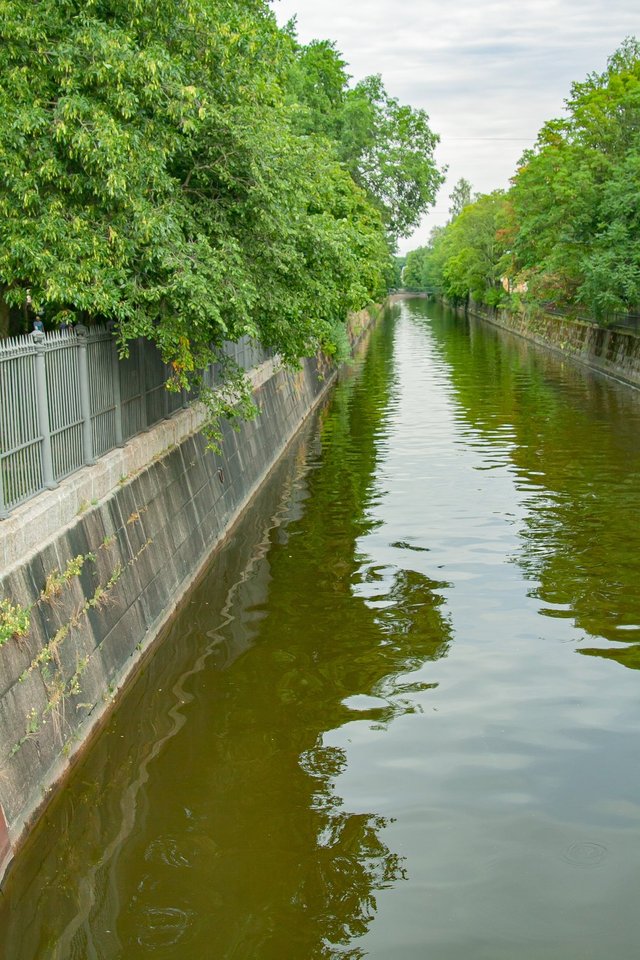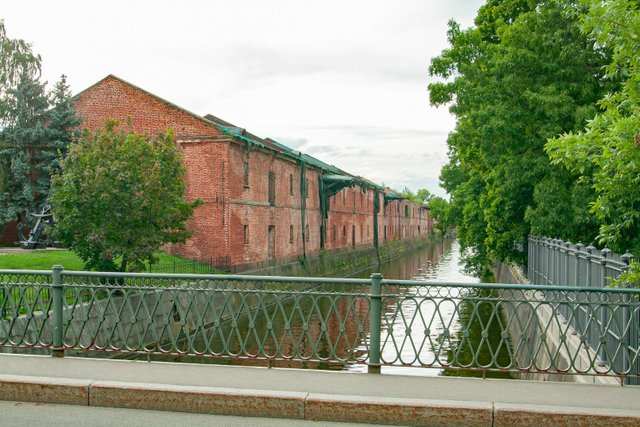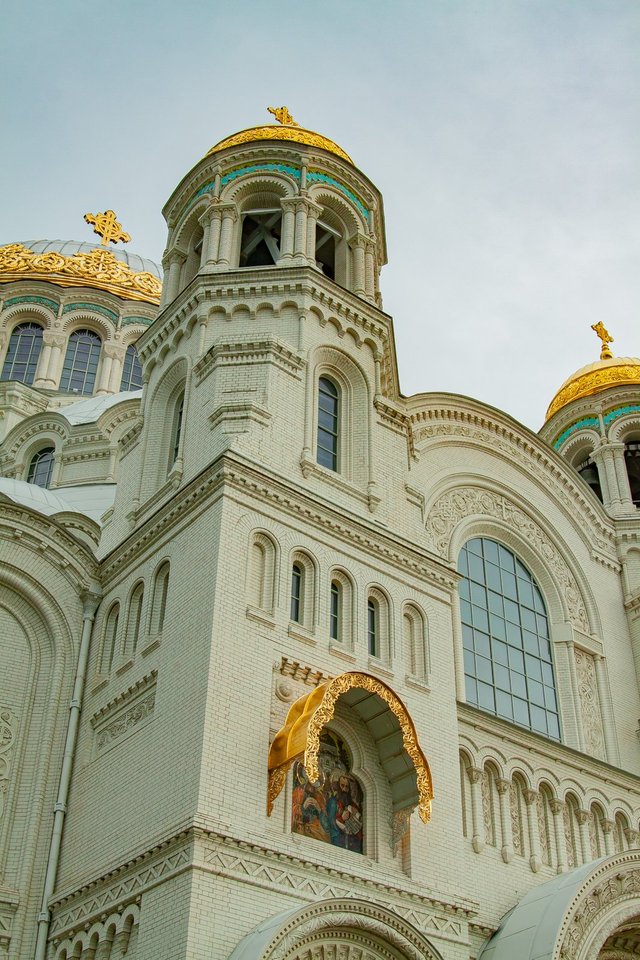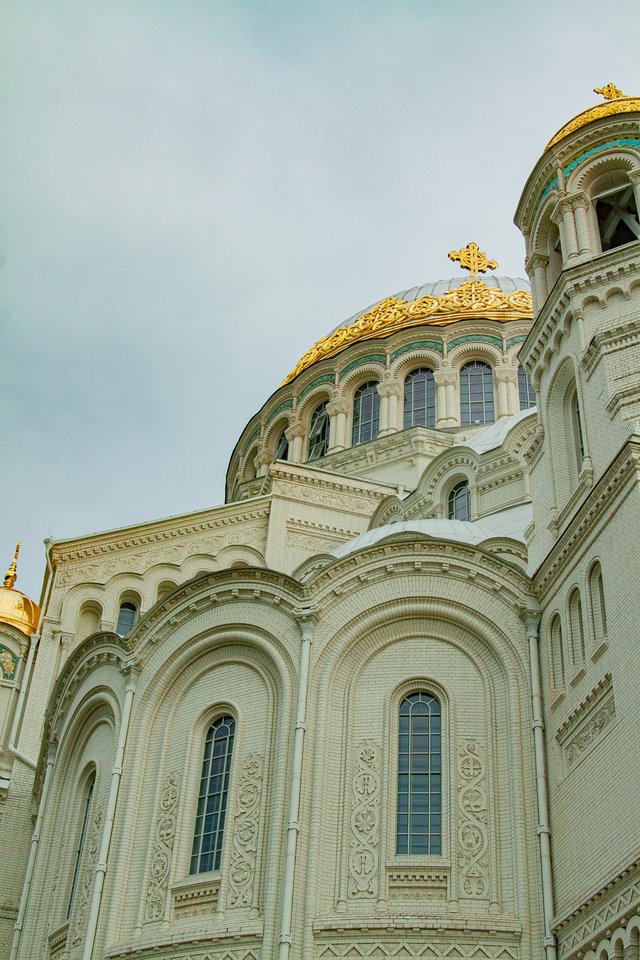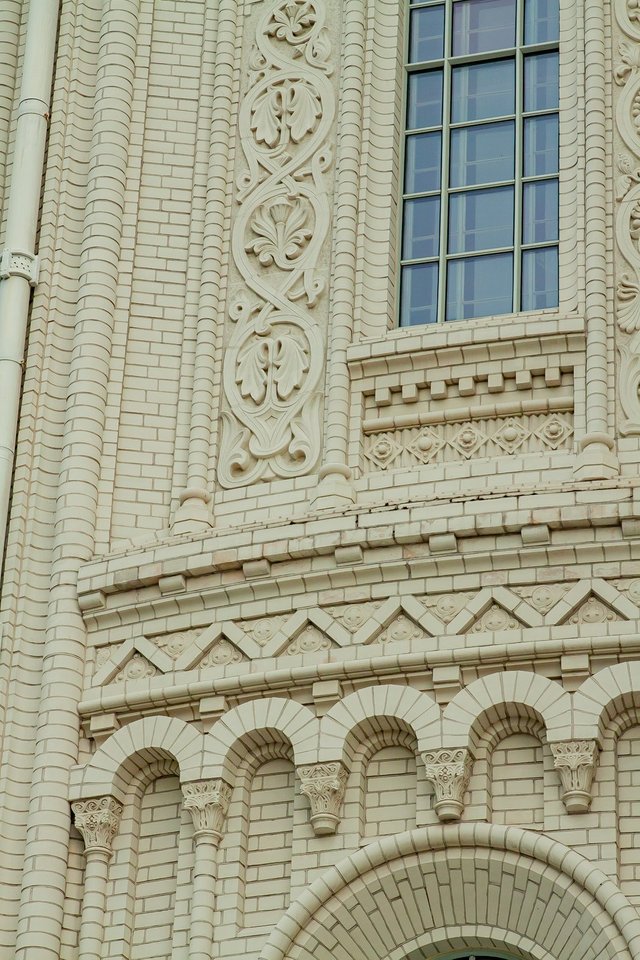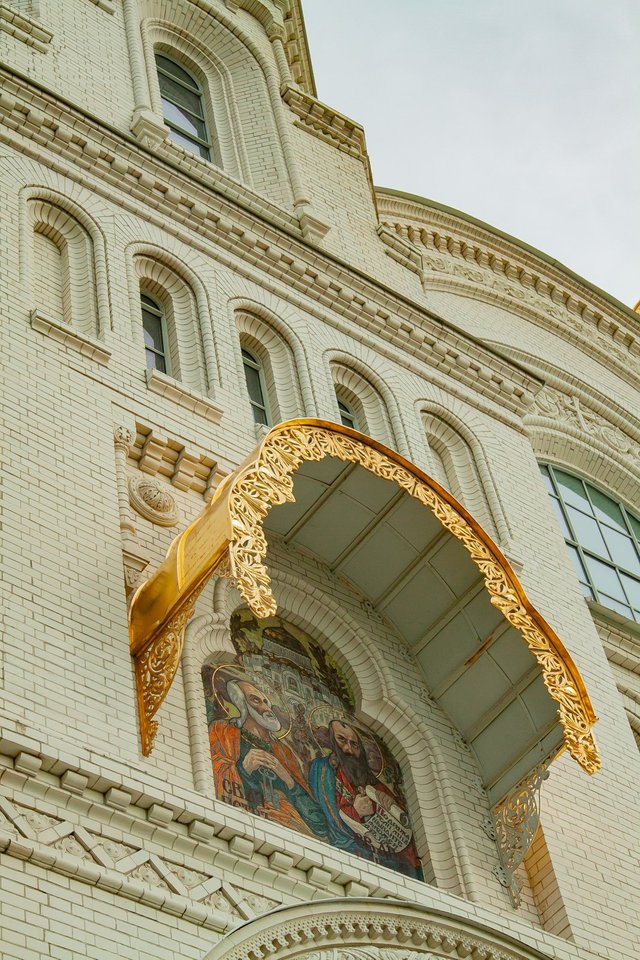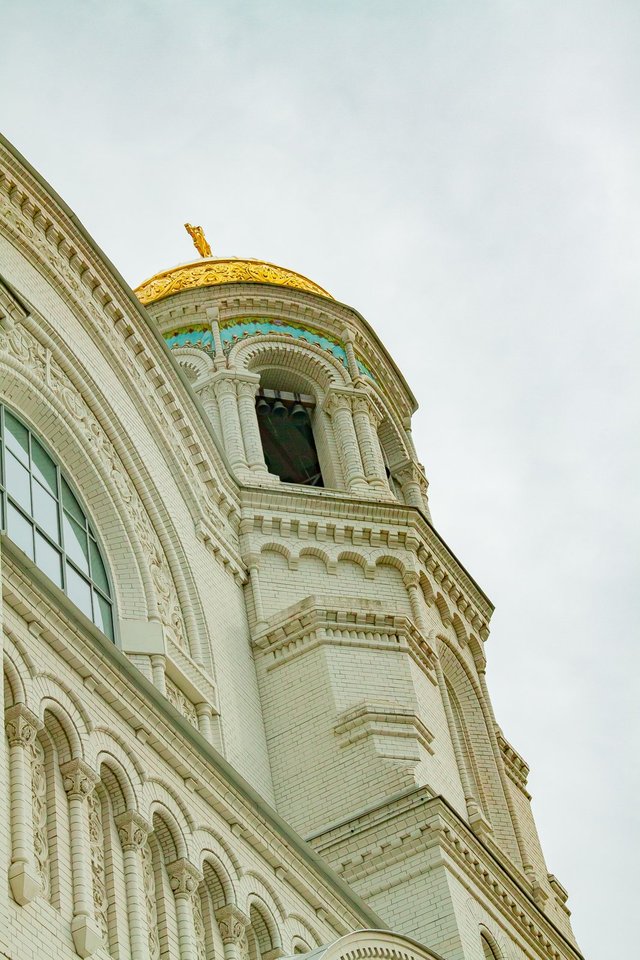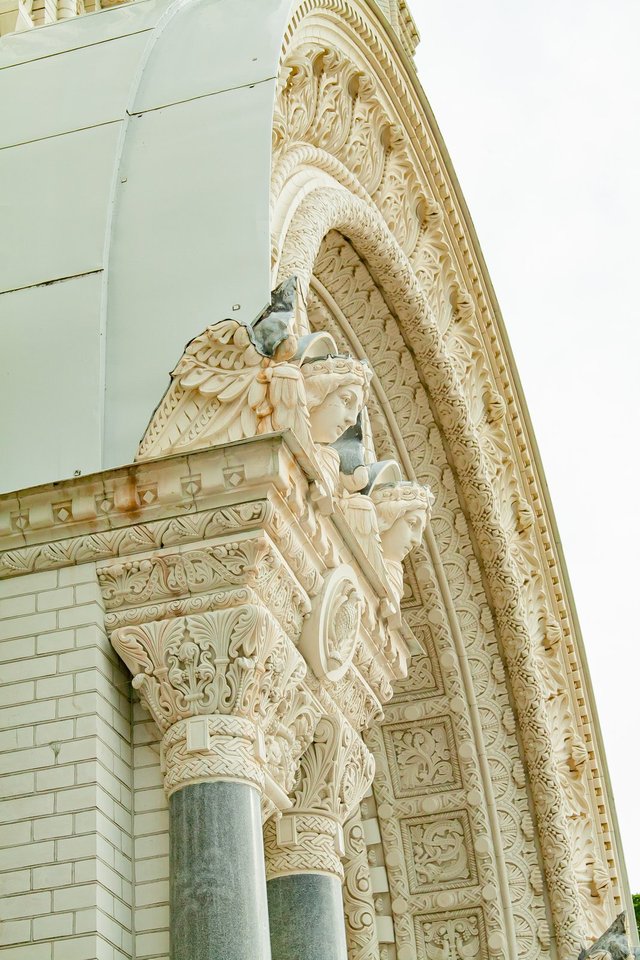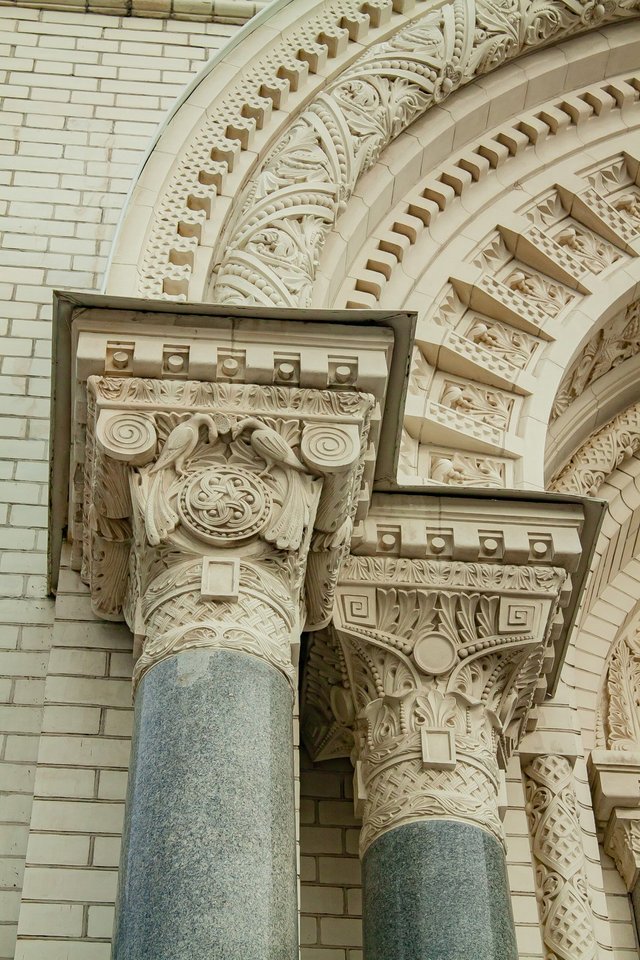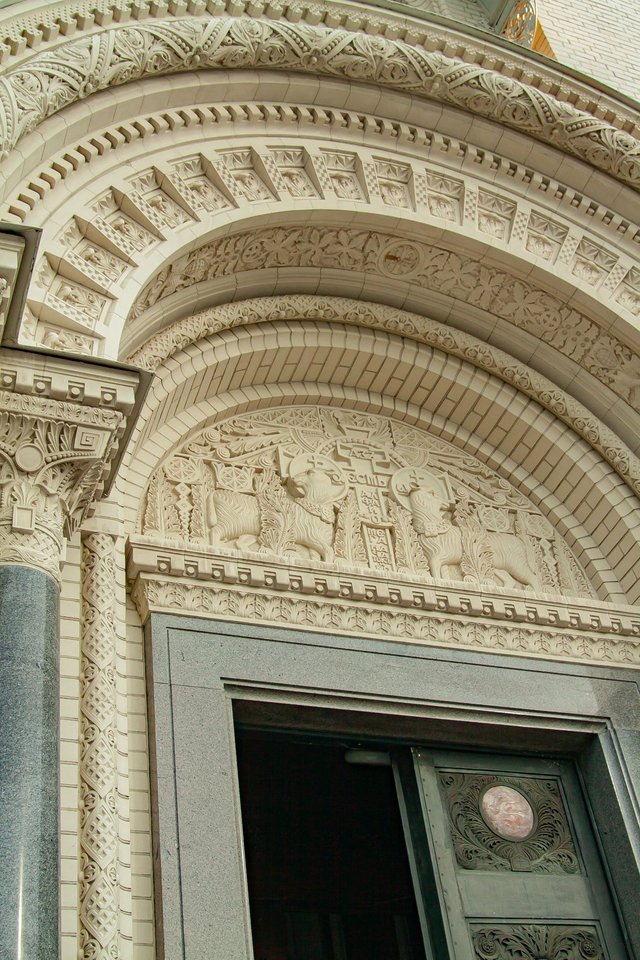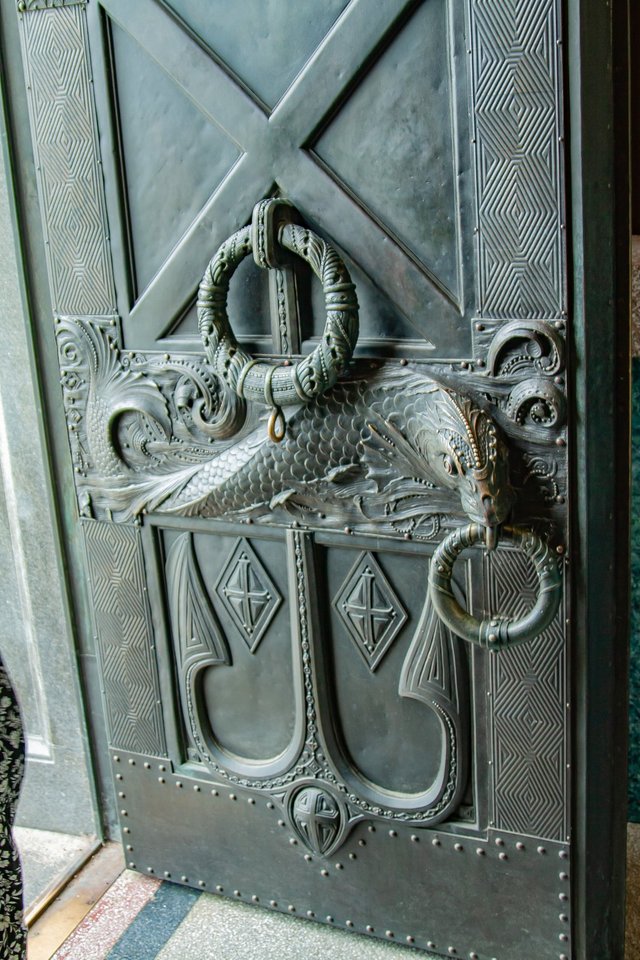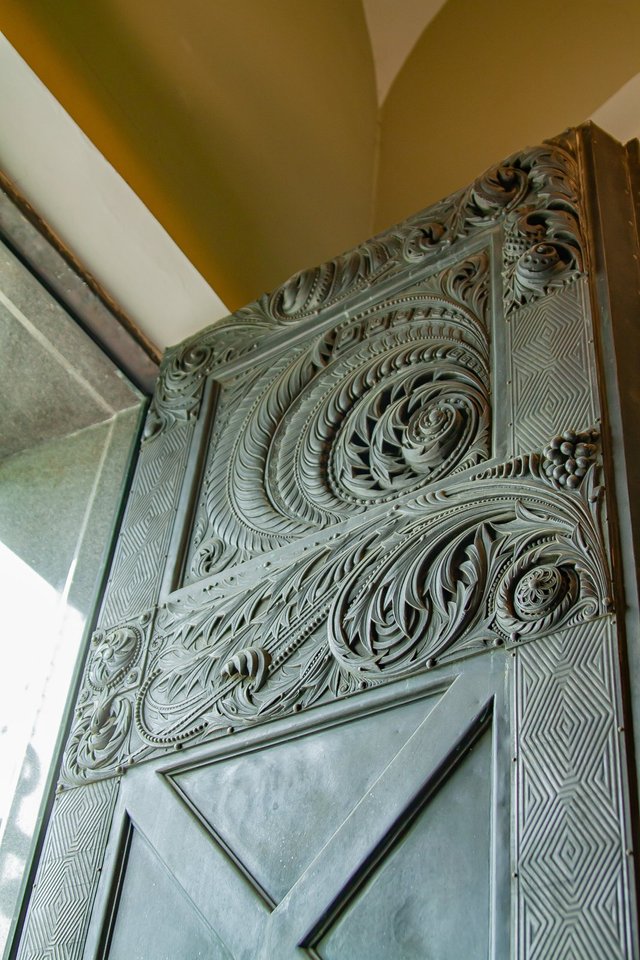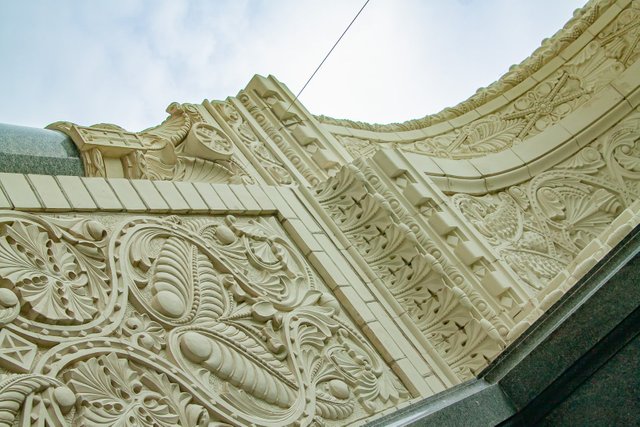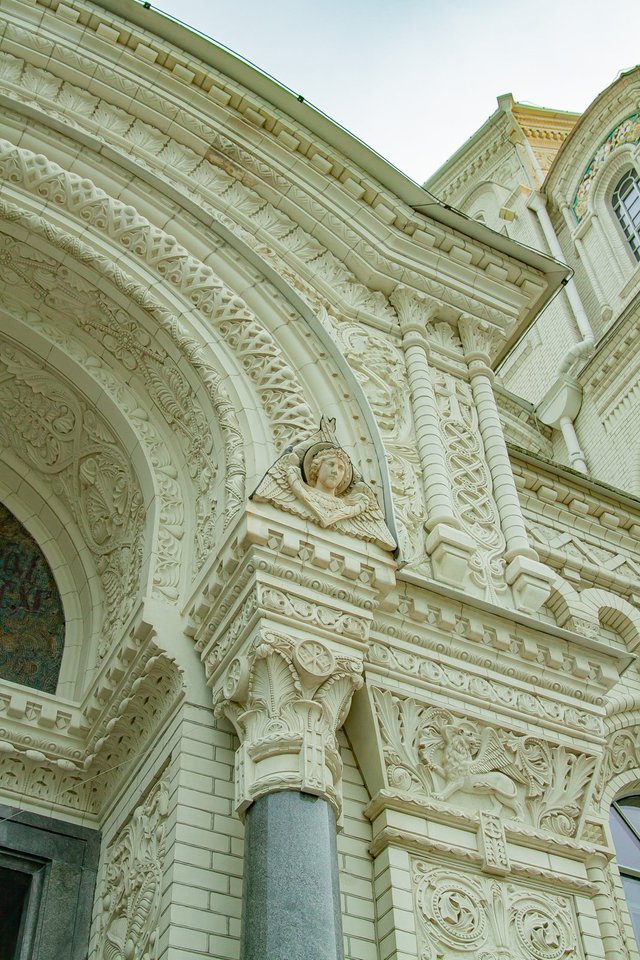Report No140. Kronstadt. St. Nicholas Naval Cathedral. Отчёт о поездке № 140. Кронштадт. Морской собор Святителя Николая
Hello to all my readers! Today I have prepared for you a virtual tour to the large and majestic Naval Cathedral in Kronstadt. We visited there with my daughter and sister last August, and it's only now that I've reached the publication about that trip.
ONLINE REFERENCE: The Naval Cathedral of St. Nicholas the Wonderworker in Kronstadt is the largest naval cathedral of the Russian Empire, recognized as a UNESCO World Heritage Site. Today it is the main naval temple of Russia. St. Nicholas Naval Cathedral was built in the fortress city of Kronstadt by decree of Nicholas II in 1903. The Emperor himself was present at the laying of the first stone, and after the solemn ceremony, together with his entourage, he planted 32 oak trees in the square near the cathedral.
After we visited two forts and other coastal areas in the west of the island, my sister suggested that we go to the center and walk through the streets of Kronstadt. But since the central square of the city seems to attract tourists by itself, we went straight to the Cathedral of the Sea and now I will tell you a little about it.
The temple was built in honor of the 200th anniversary of the Russian navy. The height of the cathedral was specially designed to serve as a landmark for ships. The temple is really very large and it even seemed to me that in size it is not very much inferior to St. Isaac's Cathedral in St. Petersburg.
In fact, this temple is still smaller, but its architecture is so well organized that there is a feeling that a person looks like a dwarf compared to the cathedral building. If you look at the plan of the square in front of the cathedral, you can see that the tiles are specially laid out so that you get an anchor with a base oriented directly to the center of the Naval Cathedral.
The facade of the temple building is made in the Byzantine style of brick with stucco inserts. All the elements of the masonry are made so skillfully and elegantly that you want to look at them for a long time. I took several detailed pictures from different angles, and you can see for yourself what I said.
In my next post, I will show you what the cathedral looks like from the inside. The lighting there is quite good, so the photos came out in excellent quality. And that's it for today!
Привет всем моим читателям! Сегодня у меня для вас приготовлена виртуальная экскурсия к большому и величественному Морскому собору в Кронштадте. Мы побывали там с дочкой и сестрой в прошлом августе и вот только сейчас я дошёл до публикации о той поездке.
СПРАВКА ИЗ СЕТИ: Морской собор святителя Николая Чудотворца в Кронштадте — крупнейший морской собор времен Российской империи, признан памятником всемирного наследия ЮНЕСКО. Сегодня это главный военно-морской храм России. Никольский Морской собор построен в городе-крепости Кронштадт по указу Николая Второго в 1903 году. Император сам присутствовал при закладке первого камня, а после торжественной церемонии вместе со своим окружением посадил в сквере около собора 32 дуба.
После того, как мы посетили два форта и другие прибрежные зоны на западе острова, сестра предложила поехать в центр и погулять по улицам Кронштадта. Но так как центральная площадь города словно сама по себе притягивает туристов, мы вышли прямо к Морскому собору и сейчас я немного расскажу о нём.
Храм построен в честь 200-летия русского флота. Высота собора специально была рассчитана так, чтобы служить ориентиром для кораблей. Храм действительно очень большой и мне даже показалось, что по размерам он не очень сильно уступает Исаакиевскому собору Петербурга.
На самом деле этот храм всё же меньше, но его архитектура так удачно организована, что возникает ощущение, будто человек выглядит карликом по сравнению со зданием собора. Если посмотреть на план площади перед собором, то можно заметить, что плитка специально выложена так, чтобы получался якорь с основанием, ориентированным прямо к центру Морского собора.
Фасад здания храма выполнен в византийской манере из кирпича со вставками из лепнины. Все элементы кладки сделаны так искусно и изящно, что их хочется долго рассматривать. Я сделал несколько детальных снимков с разных ракурсов, и вы сами можете убедиться в моих словах.
В своей следующей публикации я покажу вам, как выглядит собор изнутри. Освещение там достаточно хорошее, поэтому фотографии вышли отличного качества. А на сегодня у меня всё!

